TikTok, the popular social media platform, has found itself in a legal and political bind in the United States. After a ruling by the U.S. Supreme Court, TikTok is no longer available for download in U.S. app stores, and users are unable to receive updates.
This decision stems from a law that mandates TikTok must sever its ties with its China-based parent company, ByteDance, or face removal from U.S. app stores.
On January 18, 2025, the Supreme Court upheld this law, which has led to TikTok’s temporary disappearance from platforms like the Apple App Store and Google Play Store.
While TikTok was briefly restored, the app’s future remains uncertain. Without the ability to update, users could face a degradation in app performance, with unresolved bugs and a lack of new features.
For many, this means the app could eventually stop working altogether, as the algorithm could become less responsive, leading to a poor user experience.
The political and legal challenges surrounding TikTok are significant. Despite an executive order from President Trump delaying the enforcement of the law for 75 days, the potential fines for app stores that host TikTok are staggering. With fines of $5,000 per user, these could add up to billions of dollars, making it a risky proposition for tech giants like Apple and Google to reinstate TikTok without further legal protections.
While the law’s enforcement pause gives ByteDance more time to divest its U.S. assets, the future of TikTok’s presence in U.S. app stores depends on the resolution of these legal and political issues.
It’s unclear whether the app will return to app stores before the enforcement pause expires in April 2025, or if it will remain offline until ByteDance complies with the law.
For now, TikTok users in the U.S. face an uncertain future. Without updates, the app could degrade over time, and users might find themselves turning to other platforms for their social media needs.
As the situation evolves, one thing is clear: TikTok’s future in the U.S. is far from secure.




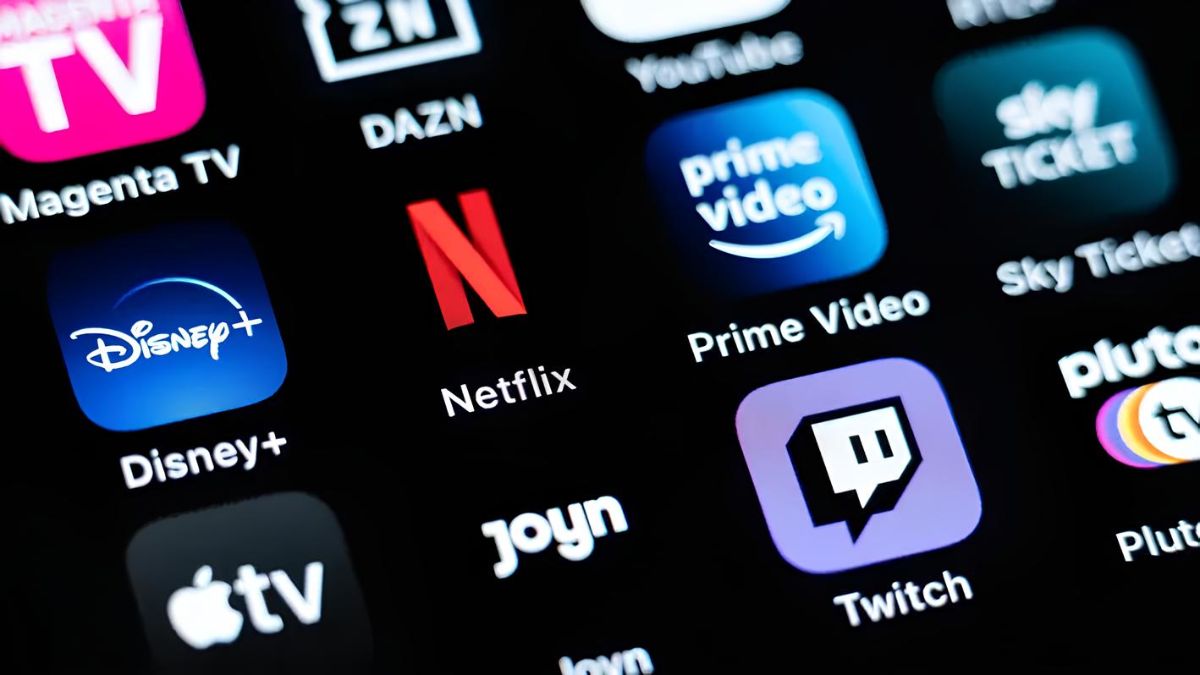

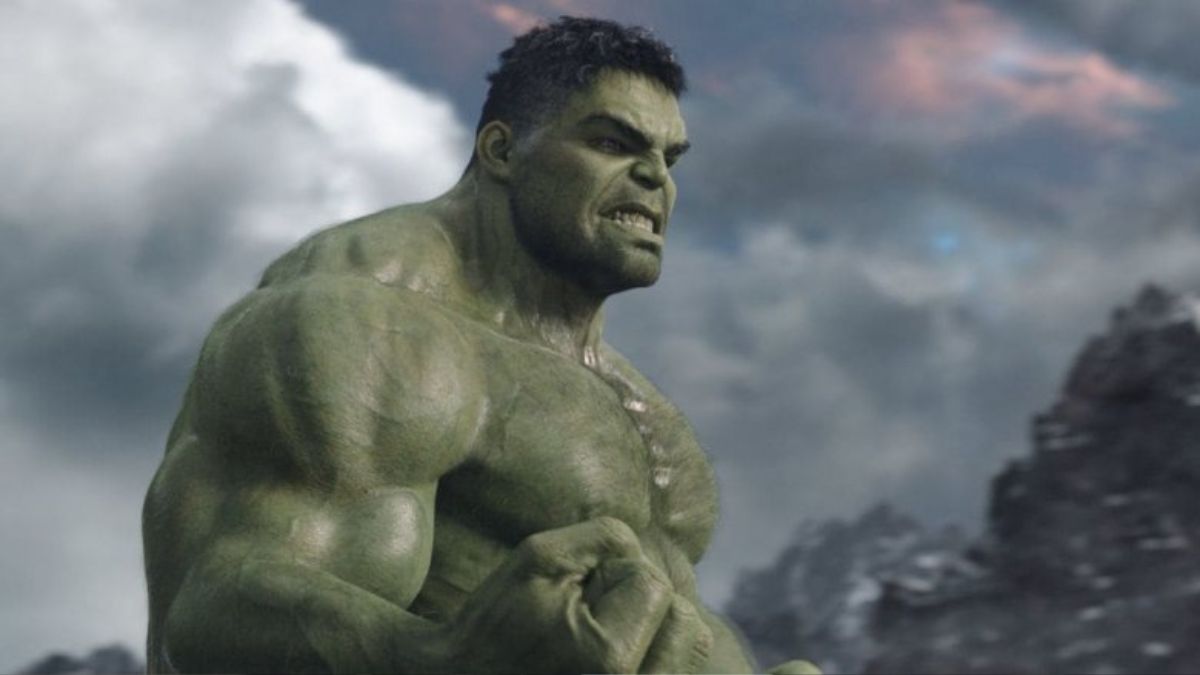
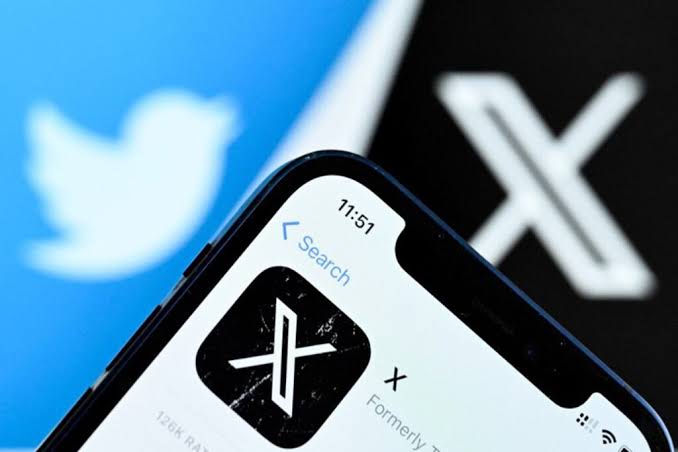
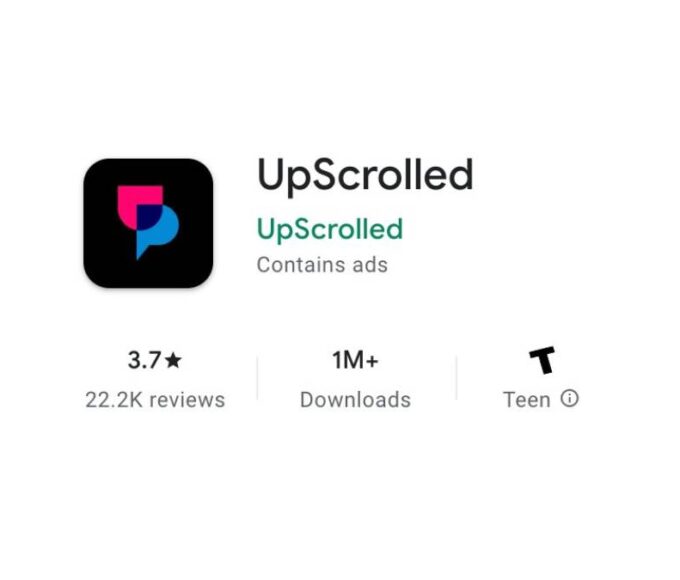
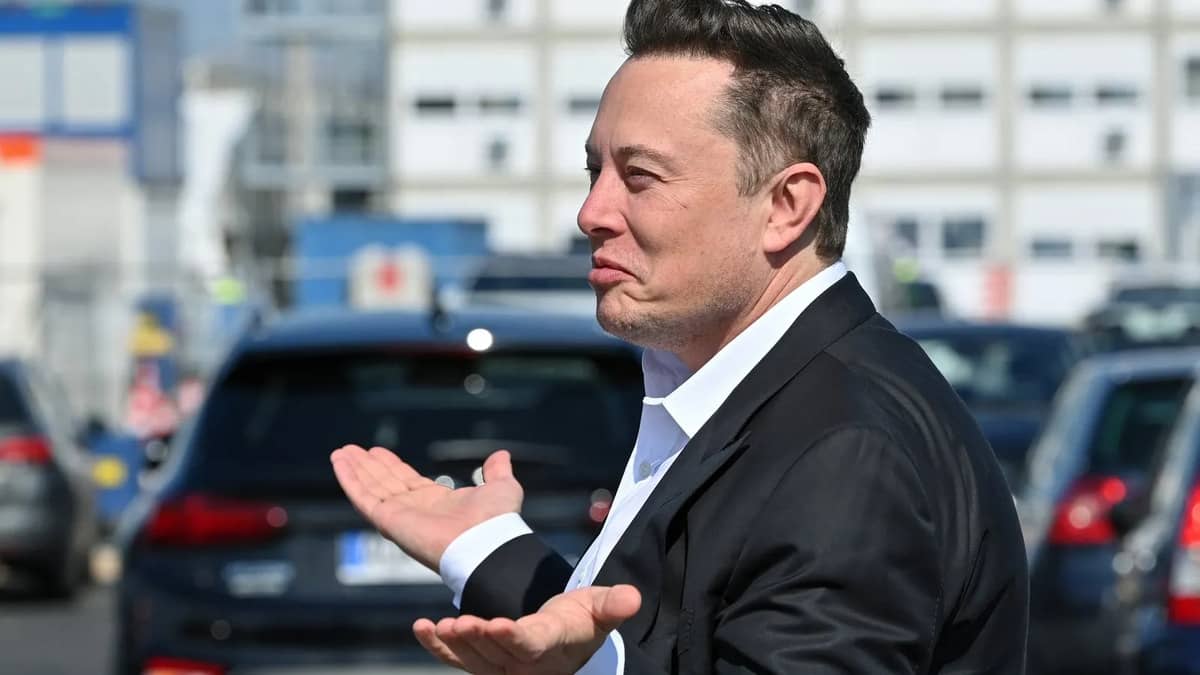
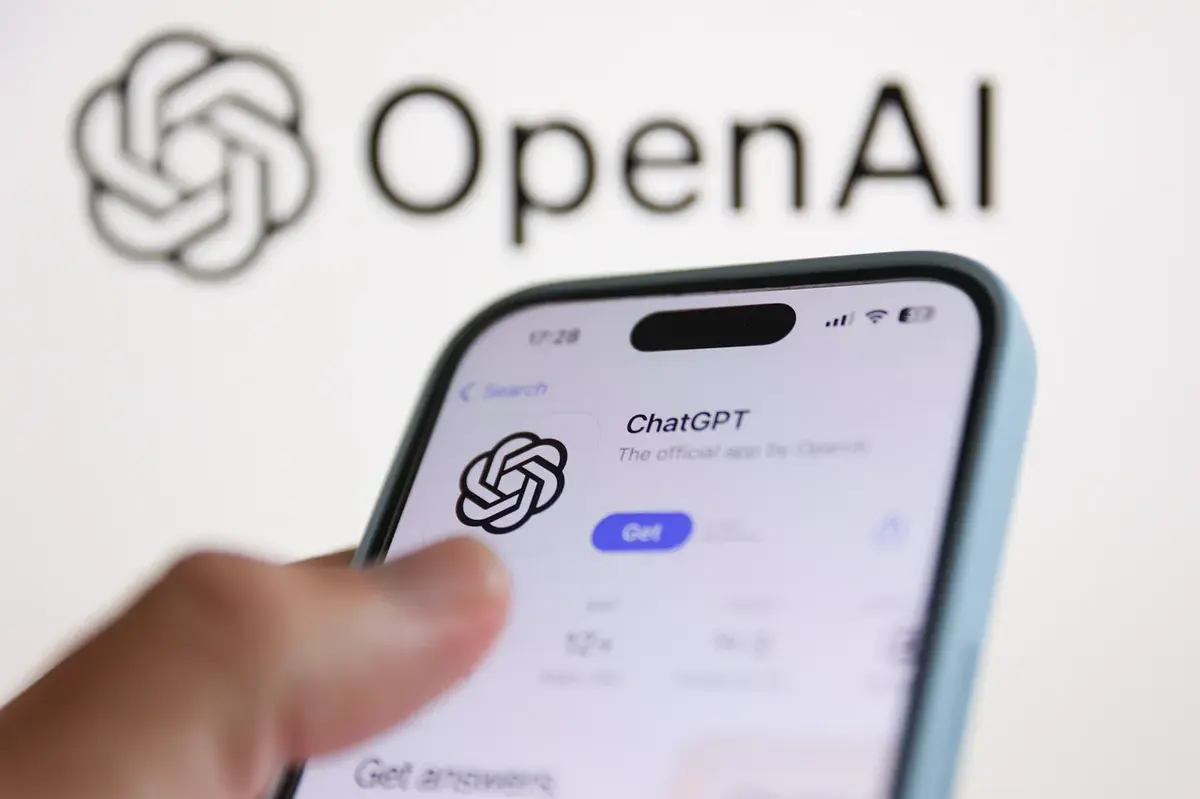
Leave a comment